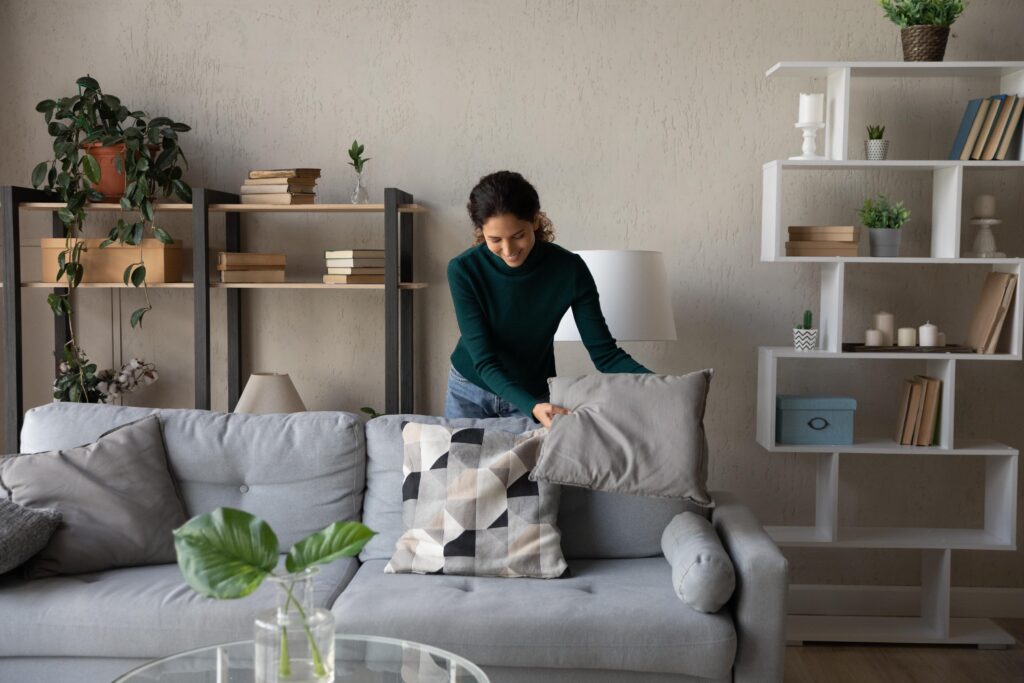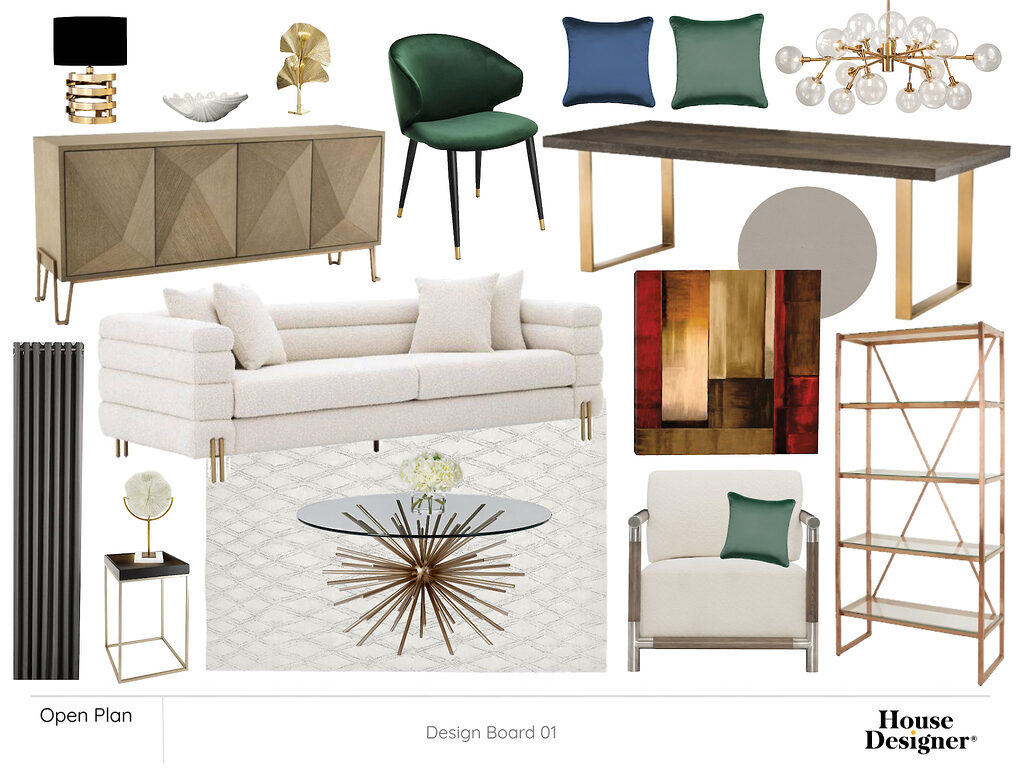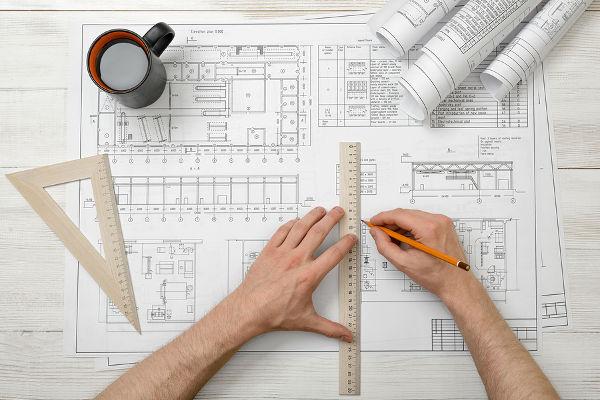When it comes to creating or revamping a space, the terms “interior designer” and “interior decorator” are often used interchangeably. However, these professions differ in critical ways, from their education and skill sets to their areas of expertise. Understanding these differences can help you choose the right professional for your home or commercial space.
Choosing an interior designer or an interior decorator for your project because you don’t even know the difference. Many times, people mistake an interior decorator for an interior designer and versa. While decorating plays a role in creating functional, beautiful living spaces, the work of an interior designer differs from interior decorating in critical ways. So, what is the difference between an interior designer and an interior decorator?
Professional Requirements
Interior designers, due to the complexity of their role and professional status, typically need higher education. In contrast, interior decorators often don’t require formal training or licensing. They usually develop expertise through on-the-job experience, workshops, or self-study.
In addition to learning principles of applying gathered knowledge to the creative process of designing a space, designers must also adhere to code and regulatory requirements and encourage the principles of environmental sustainability.
Interior Designer
Interior designing involves recognising the behaviour of people to construct usable spaces in a house. Interior designers often work closely with architects and other professionals to make an interior space functional, safe, and beautiful, with additional expertise in developing floor plans and using design softwares.
They are the maestros of both aesthetics and functionality as they approach a space holistically, considering the layout, flow, and purpose of each room. Interior designers create detailed plans, including floor plans, electrical layouts, and construction documents that can help you visualise your space before being brought to life. Check out our team of Professional Interior Designers
Interior Decorator
Interior decoration is the art of embellishing a room with decorative elements to achieve certain aesthetics. Interior decorators are professionals skilled at beautifying a space using styles, colour schemes, furnishings, textiles, and other decorative elements. They mostly work with furniture makers, upholsterers, and other home decor professionals to create a cohesive and pleasing ambiance. Interior decorators do not make structural changes instead they work with existing architectural elements of a home.
Should I Hire an Interior Designer or an Interior Decorator?
Who to hire depends on your needs and the scope of your project. In the end, choosing the right professional depends mainly on the skills of the particular professional, not the job title. However, here are some guides to help you decide if an interior designer or an interior decorator is suitable for your project.
Hire an Interior Decorator If:
If your aim is to enhance a room’s aesthetics, like choosing colour schemes and furniture, an interior decorator is ideal. They excel in creating visually appealing, cohesive spaces.
- For no structural changes, like wall alterations, an interior decorator is cost-effective. They work with existing architecture.
- Decorators suit limited budgets well. They can stylishly update spaces without major renovations.
- With tight timelines, decorators quickly transform spaces, expertly choosing and arranging furnishings and decor.
Hire an Interior Designer If:
Complex Projects: If your project involves more than just aesthetic changes, such as structural modifications, electrical work, or space planning, an interior designer is a better fit. Designers have the expertise to manage complex projects.
Space Functionality: If you want to optimise the functionality and layout of a space, designers excel at space planning. They consider how you use the space and ensure it meets your practical needs.
Compliance with Regulations: For projects that require adherence to building codes and regulations, such as commercial spaces or extensive residential renovations, an interior designer is essential. They ensure your project is legally compliant.
Long-Term Investment: Interior designers focus on creating spaces that stand the test of time. They consider not only the current trends but also the long-term value and functionality of the design.
Full-Service Projects: If you desire a comprehensive approach that covers everything from concept development to project management and coordination with contractors, interior designers are equipped to provide full-service solutions.
Customisation: For projects that demand custom solutions, such as bespoke furniture or unique design elements, interior designers have the resources and connections to bring custom designs to life.
Got a project? Check out our pricing & Packages
Conclusion
While many people use interior designer and interior decorator interchangeably, they offer different things. Of course, there are similarities between both jobs but ultimately they differ. In short, decorators will decorate, but do not design the interiors while in most cases, interior designers will design and decorate the interiors.







